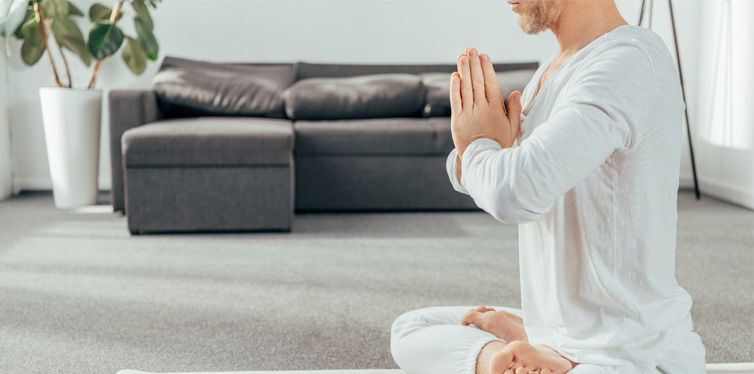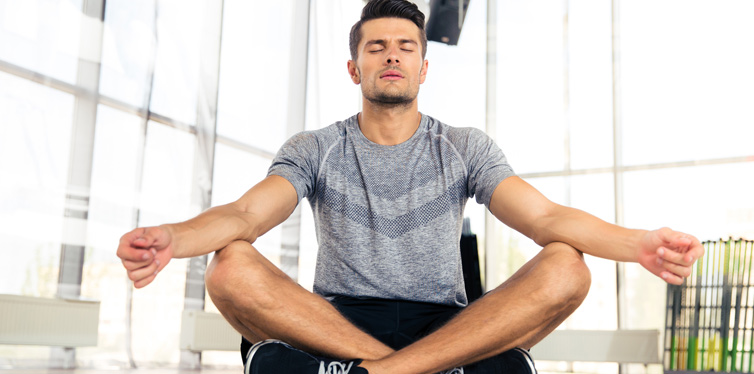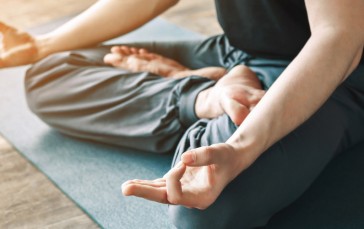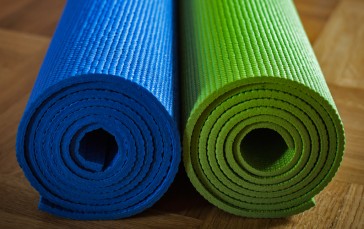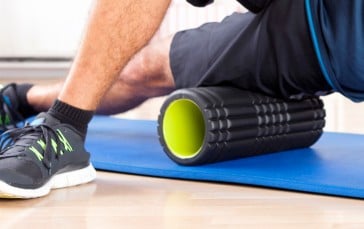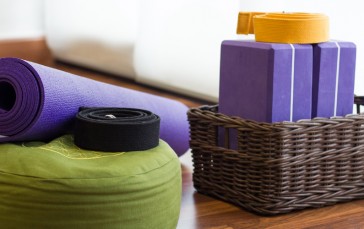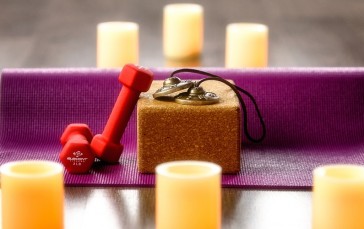Meditation For Beginners
There’s nothing worse than intrusive anxieties and worries floating round and round in your head and putting a downer on everything you do. If you find it difficult to switch off and invent worries when you have none, your mind is already used to high levels of stress that is detrimental to health in so many ways. Like an addict, it craves the stress chemicals that are released when you face stress normally. To get a fix, it invents stress.
If you long for a few minutes of peace and inner tranquility, learning how to meditate will help you put your stresses back into perspective and bring a halt to the maelstrom of anxieties creating your inner turmoil putting you on the right path towards good mental and physical health.
Just like you train your body by exercising in the gym, you can train your mind with meditation. It offers numerous benefits, but to reap them, you need to learn how to meditate correctly. It is a practice that involves using a technique, such as mindfulness to train awareness and improve attention. This helps you attain better mental clarity and an improved emotional state.
There are a number of meditation techniques used today but mediation is an ancient practice that can be performed in a variety of ways. In Buddhism, where there has been a tradition of meditation for centuries, this includes a collection of activities that require a variety of mental skills. This makes it difficult for beginners to find a way to have an ‘empty mind’ for an extended time, even so, you can certainly make use of some tips to improve your chances of learning to meditate effectively.
1. Benefits Of Meditation
Being able to relax your mind, body, and soul is the main motivation for people turning to meditation in the first place. Sometimes, relaxation is not the main goal of meditation, but it is still a result and this translates into many impressive health benefits.
By meditating regularly, you can lower your blood pressure and improve circulation at the same time. It relaxes your nerves and lowers heart rate. This allows you to deal with anxiety in a much better way, which will improve your physical and mental health. Other benefits include slower respiration rate, lower blood cortisol levels, less perspiration, less stress, and deeper relaxation.
2. How To Begin Meditation
Meditation can benefit not only your mind but your physical self, but people new to meditation find it tough to sit for hours focusing on something that may not be physically present – without doubt, it takes patience, time and practice. Here are a few things to bear in mind when beginning meditation.
3. Look For The Right Space
The first step to learning to meditate effectively is to find a good meditation space. It needs to be somewhere quiet, calm and uncluttered. By setting up a comfortable atmosphere, you will be in a much better position to create the correct mood for meditation.
4. Choose The Correct Time
Even though you may be resorting to meditation to calm your inner self and reduce anxiety, you still need to find a time when your mind is in a relatively calm state. Usually, first thing in the morning is the best time. Don’t check your email or messages. It’s best to avoid anything that could cause stress to maintain a calm mental state for a good meditation session.
5. Start Small
While you should be able to sit, meditate, and relax for several minutes, you will find it challenging in the beginning. The trick is to accept this as part of the process of learning to meditate effectively and continue practicing. Statistics show that most people who begin meditation will only manage 3-5 minutes so be discouraged. Even three minutes of maintaining an ‘empty mind’ feels like a long time. Therefore, you should prepare yourself to experience this obstacle when you first start. It is actually best to start small and that could be as small as focusing on the sensations of taking three deep breaths. Once you get used to the sensation, you can slowly increase the time.
6. Know The Basics
Many people resort to meditation thinking that it will help them focus without being distracted, which is certainly one of many benefits of meditation, but your basic goal should be to improve awareness about your own thinking, as it makes meditation a better cognitive therapy. Meditation gives you the power to restructure your thoughts, but you cannot do it if you first develop the ability to become aware of your thinking and identify your thoughts. Here, it is important for beginners to understand that they will notice their thoughts drifting repeatedly, but they should not let it affect their practice and learn to redirect their attention back to what they have been focusing on. Simply do the basics properly and you will soon learn to meditate correctly.
7. Focus More On Your Breath
Learning to focus on your breathing will help you meditate in the right way. it’s something useful to do even when you’re not in an active meditation session. When meditating, be sure to take long, deep breaths in through your mouth and focus on expelling air out through your nose. Although you could breathe out through your mouth, to begin with, through the nose is better. Remember, your mind is not used to this practice, so it will try to wonder and distract you, but you need to focus as much as you can to help your mind get used to the sensation. Start with a few minutes of deep breathing in the beginning and then increase the duration once your mind feels comfortable and your focus improves.
8. Learn To Detach
When you start meditation, it is natural to have all sorts of thoughts coming uninvited into your mind. Understand that you cannot stop thoughts jumping in, at least in the beginning not, but you can learn to detach yourself by allowing those thoughts to pass by. You should simply allow them to enter and leave your mind without them raising a reaction. Don’t focus on them because then you’re thinking about them and not mediating.
9. Meditate In Your Own Way
As mentioned already, focusing on your breathing is the best way to start but you can also use a mental image to begin. Some people find it easier to focus a body part, like the heart. Find the right point of focus for you and then stick to it to develop technique. A great idea is to combine yoga and meditation to strengthen the mind-body connection and improve overall fitness and well-being.
Alternatively, you can meditate whilst walking. Many people believe that walking helps them concentrate better and avoid distractions. The idea is to walk and focus more on the feeling of your body moving or concentrate on your breathing. You can also focus on the sensations of wind or air on your skin or lock your focus on what you see while walking. The idea is to empty your mind for a few minutes. Complete your mediation with a short open awareness session where you let your mind focus on anything you see.
10. Build On Your Practice
Be sure to build on your practicing no matter what results you get in the first few days. You will find it easier as you get used to the sensations. Just the routine of settling down to mediation first thing in the morning will have a calming effect.
Learning how to meditate effectively has the capacity to change your whole outlook on life. All it takes is getting over the initial barriers and that takes patience and perseverance, just as when learning how to do anything new. Taking a few minutes each day to concentrate solely on your inner well being will pay dividends for all aspects of your physical and mental health. When all it takes is concentrating on three deep breaths, can anyone really afford not to?


